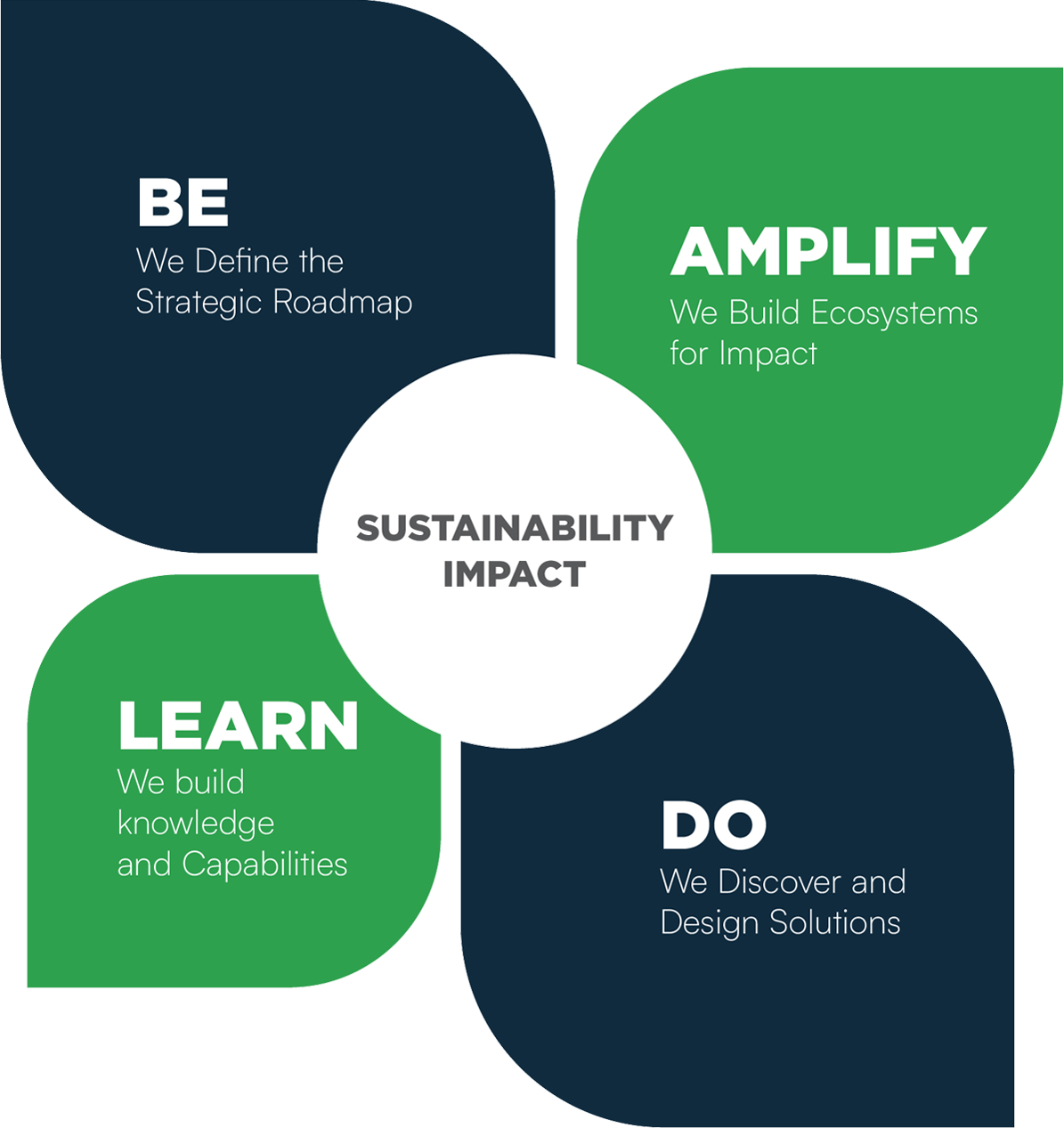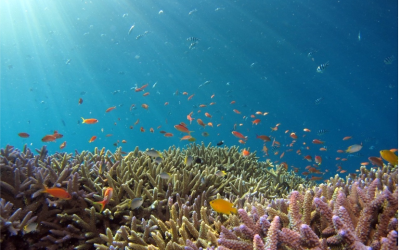
We Use Collective Intelligence to Solve The Planet’s Biggest Challenges
For
Corporations
For
Institutions
(Coalitions, NGOs, Foundations)
For
Impact Funds
Trusted
By








Trusted By








Our Services

Landscape
Understand opportunity areas for sustainability, analyze industry trends, develop technology roadmaps.
Explorer
Private collaboration space for corporate teams to discover, learn, and implement sustainable innovations.
Sprint
Scout and discover sustainable innovations, shortlist the best partners to solve your needs.
Hub
Bring together an ecosystem to solve specific environmental challenges through a digital collaboration platform.
Our Areas of Impact
Corporations
Institutions
Impact Funds
Sustainability for Growth Strategy
Packaging & Materials
Recycling Solutions
Energy & Supply Chain Efficiency
Agricultural Waste
Built Environment
Corporations
Institutions
Impact Funds

Case Studies
Sustainable Packaging & Formulations
Client: The Clorox Company
Building Plastic Waste Free Island Communities
Client: IUCN
Restoring Coral Reefs
Client: Global Fund for Coral Reefs




